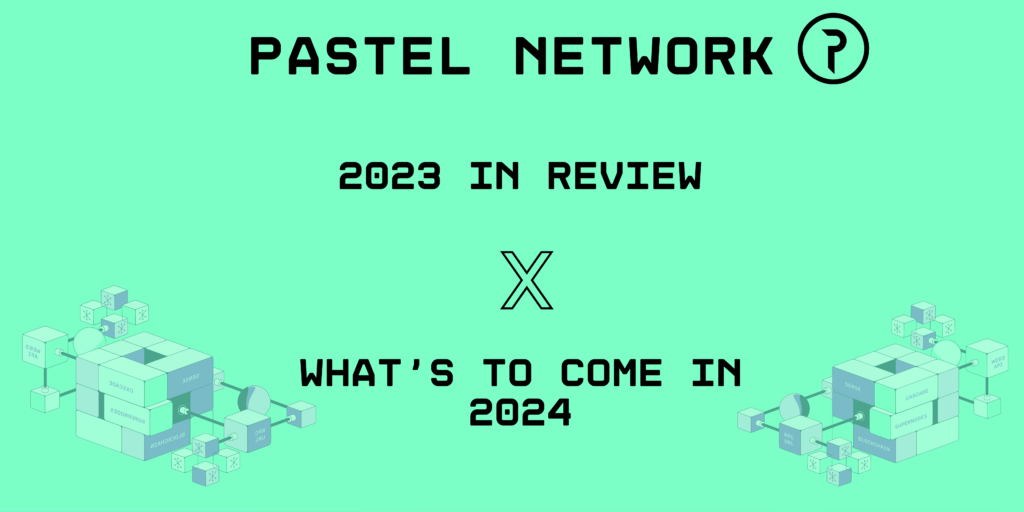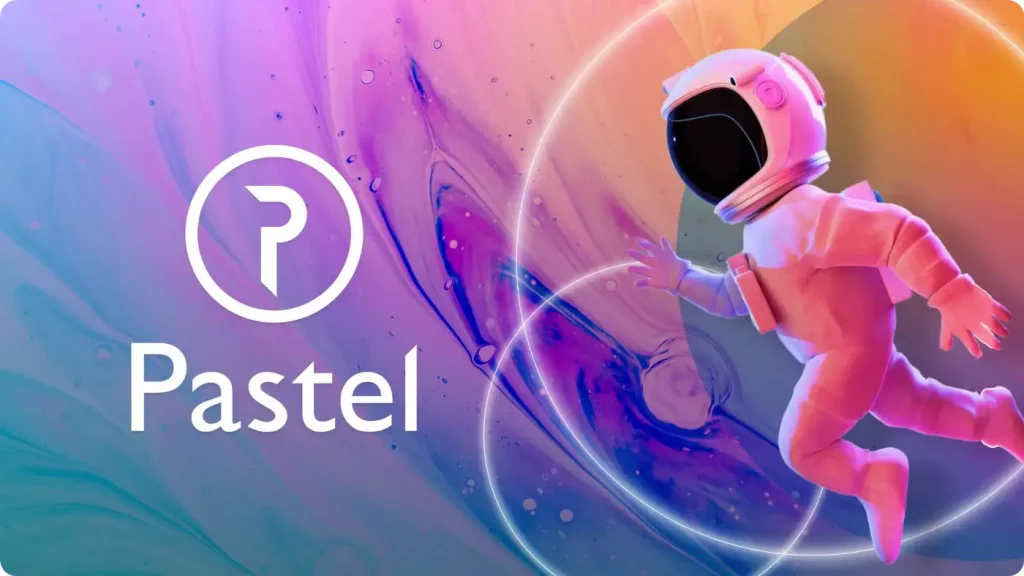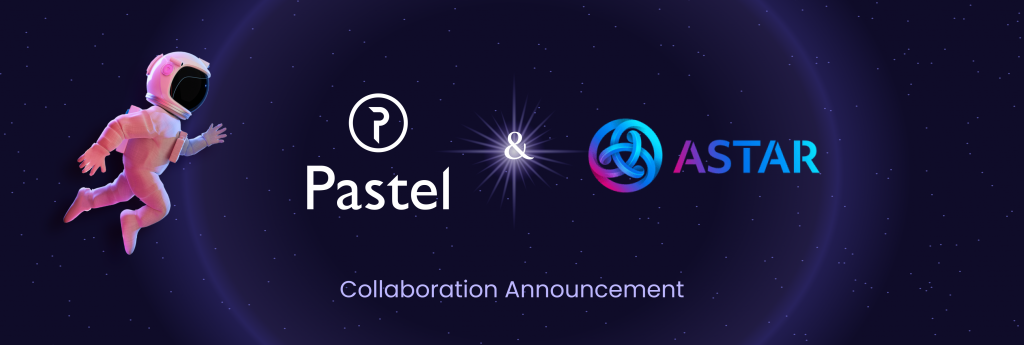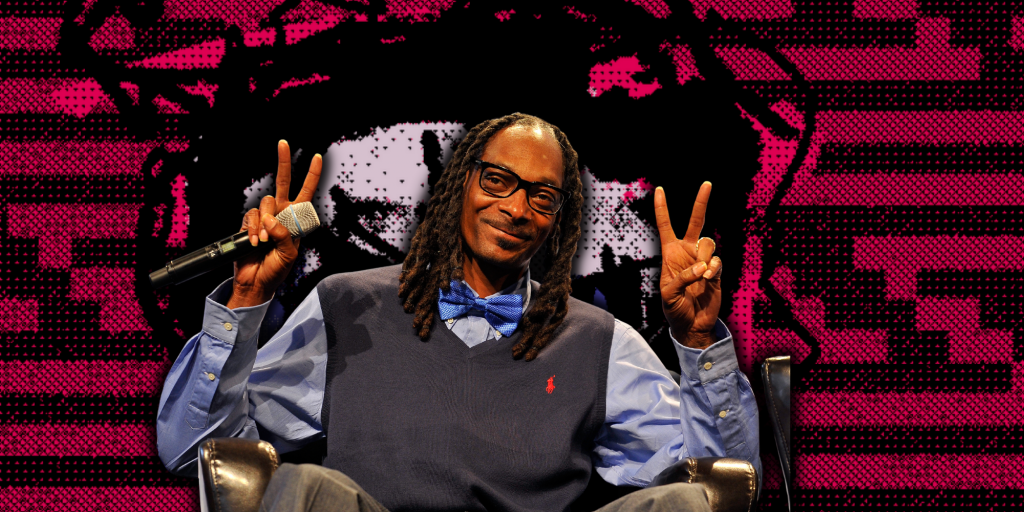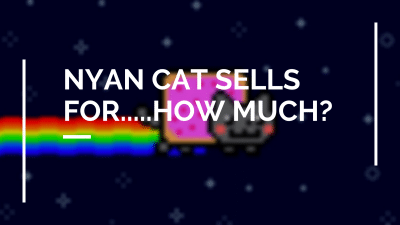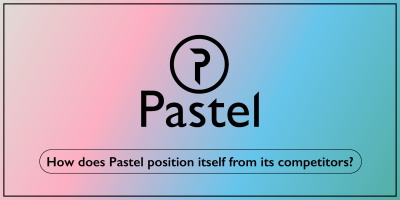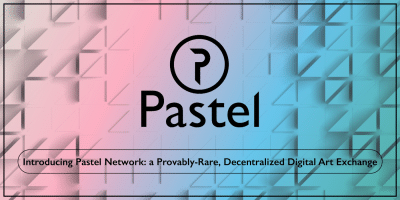Jeff Emanuel, Founder & CEO of the digital art network Pastel Network, was recently interviewed by CGTN America! During the interview, Jeff shared his ideas about the future of digital art and Pastel Network. We wanted to write an article about the interview for our readers, and provide more insight on the founder’s long-term vision of the platform.
During the interview, Jeff summarized the vision of Pastel in the following- “The art world has a lot of gatekeepers, dealers, agents, and gallerists that keep the little guy out. The beauty of this (Pastel) is that no one is running the network. No one is in charge. You are in this official ledger where you can clearly show an unbroken link beginning with the artist, to anyone that artist sold the work to, to you.†For artists, he mentioned that “Any artist can create an original digital artwork, register it on the system, say how many copies of it exist, and sell it, list it for sale in pastel coins. Then people, collectors, fans of the artist, can purchase these rare copies and then hold on to them, and hopefully, they’ll appreciate and value, or they can turn around and resell them.â€
The art market, as well as the rare collectibles market (e.g., comic books, baseball cards, etc.), is rife with inefficiencies for both consumers and producers. By inefficiency, we mean that market participants (buyers and sellers) as a whole can be better off if only they could identify and transact directly with one another. Current market constructors result in collectors who are forced to transact through intermediaries, each of which end up extracting most of the “economic rentâ€. The people who are making the art are getting a fraction of the final value created, and those end buyers are forced to give up an enormous share of the potential profit through the various layers of fees and the lack of liquidity. The reason why collectors put up with this untenable situation is because the art market has always worked in this way, and until now, there have been no good alternatives that retain the “reputation backed security†offered by the traditional gallery or retail model.
While the inefficiencies that exist in the market for physical artwork are not going to change anytime soon, there is no reason why the new world of digital artwork has to be shackled to this inefficient and inequitable system. But before that can happen, the world needs a decentralized, trustless mechanism to fulfill these same core functions of the art market that are currently provided by galleries and experts. Why must it be decentralized? In short, no one is going to trust a centralized network with something as important as high-end (or even low-end) artwork or valuable rare collectibles.
In a fully decentralized peer-to-peer system such as Pastel, where all of the software is open-source and anyone can freely purchase the coins required to “host†the network (i.e., to run a Masternode) so that it can serve users, the community is never faced with this problem. And Pastel believes this is the future of digital art. Since the art exists in digital form (i.e., as information), the costs to create it and distribute it are much lower than with physical Artwork. Also, the use of secure cryptographic methods provided by Pastel allows rare digital art to solve the problem of establishing the authorship and provenance of a given artwork, which has plagued the art market for centuries. From a financial side, by integrating the payment and trading aspects of art collecting into the very same blockchain that acts as its registry, Pastel can greatly reduce the need for extensive intermediation in the form of galleries, dealers, and payment processors. Because of the intrinsically public nature of a Bitcoin-like blockchain, digital art of the form Pastel proposes would dramatically improve the transparency of the art market, with buyers able to see the entire history of trades for a given work.
Jeff concluded the interview with an affirmation that Pastel truly represents the future of the digital art market — a fully decentralized platform eliminating the intermediaries in the art trading world. Artists and collectors who can enjoy barrier-free trading — all powered by Pastel with its own, independent blockchain.
